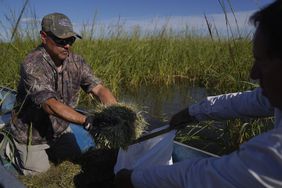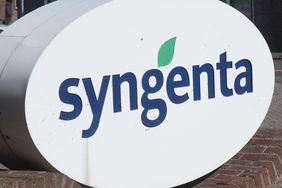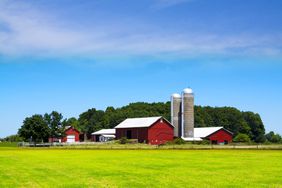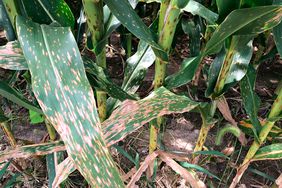:max_bytes(150000):strip_icc()/CornNoTill-BirdsEye-2000-15dc332d98ad455382701f7401bc0f44.jpg)
BioConsorita, Inc. has moved two new nematicides into its development and registration phase following excellent field trial results in corn and other important food crops, say company officials. The new products control nematode pests and increase crop yields, say BioConsortia officials.
Plant parasitic nematodes are tiny, ubiquitous roundworms that feed from plants. They directly target roots of major production crops and prevent water and nutrient uptake resulting in reduced crop performance. Nematodes cause 7% to 15% yield losses to agricultural crops and an estimated $157 billion dollars worldwide.
Field Trials
In 2021 field trials, the new nematicides controlled a range of nematodes at 14 locations, covering root knot, stubby-root, stunt, and root-lesion nematodes. Increased yields of 5 to 8 bushels per acre in corn and 15.8% per acre in wheat resulted, according to BioConsortia officials. These two new products performed better than the current commercial biological products, and better or similar to chemical ones, say company officials. Consistent efficacy has occurred with these new nematicides throughout their development from laboratory, greenhouse, and field trials, say company officials.
They also protect plant roots from damage, add company officials. In addition to its strong nematicidal action, one of the new products has also demonstrated the control of insect pests in greenhouse conditions, say BioConsortia officials. Further development of the insecticidal attributes is proceeding.
"These are the best microbial nematicides we have seen for both efficacy and consistency on row crops," says Hong Zhu, who heads research and development for BioConsortia. "They are moving smoothly and rapidly through our development pipeline, with fermentation and formulation optimization underway and scale-up planned."
"We are excited to add these two new nematicides to our pipeline of superior biological products," says Marcus Meadows-Smith, BioConsortia CEO. "We believe growers will be impressed with the improved level of efficacy, and the environment will benefit from the sustainable nature of our products."








